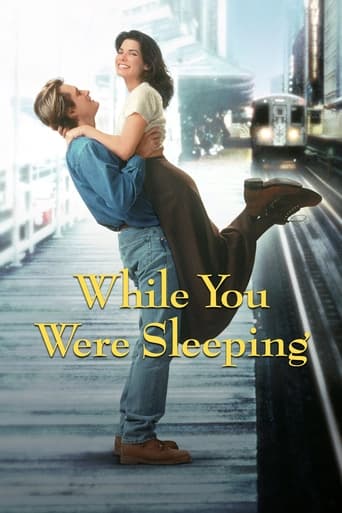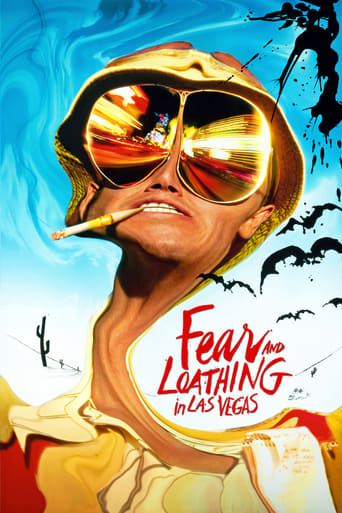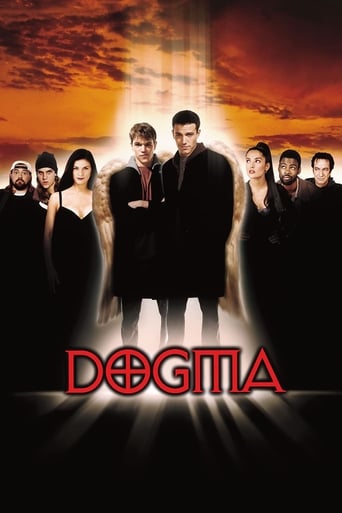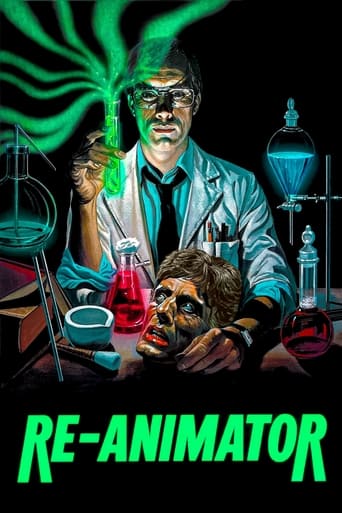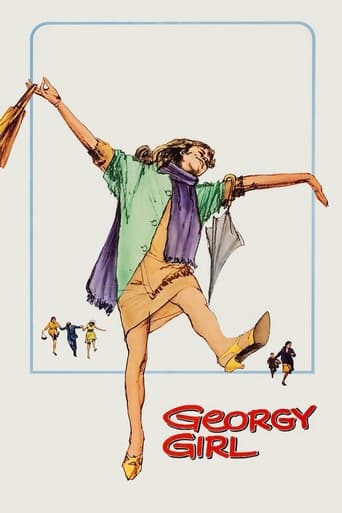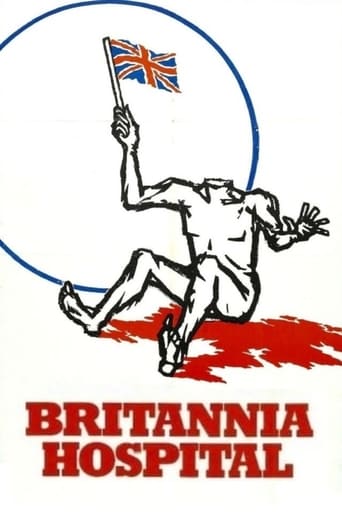
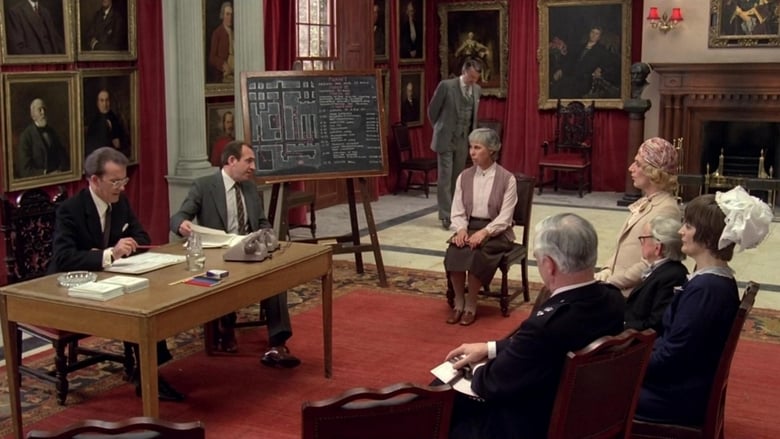
Britannia Hospital (1982)
Britannia Hospital, an esteemed English institution, is marking its gala anniversary with a visit by the Queen Mother herself. But when investigative reporter Mick Travis arrives to cover the celebration, he finds the hospital under siege by striking workers, ruthless unions, violent demonstrators, racist aristocrats, an African cannibal dictator, and sinister human experiments.
Watch Trailer
Cast


Similar titles
Reviews
I really wanted to like this movie, but in the end couldn't even bear to watch it to the end. The one redeeming feature was Leonard Rossiter and I found myself wondering whether even he would have doubted his sanity in signing up to this when he saw the final rushes. Malcolm McDowell, whom I considered to be a good actor, was reduced to little more than a 'Carry-On' performance. The juxtaposition of farce and horror to me seemed miscalculated. Just dreadful and one I'm trying to forget... Tip: don't watch this whilst consuming food.
Not for the first time and almost certainly not the last I find that I have apparently been watching a different film to the majority of people who have posted comments here, all seemingly fully paid-up members of the Lindsay Anderson For President club. It's strange - to me at least - how the BFI seemingly is unable to function without a deity to worship and with Ken Loach on his last legs they'll be burning the midnight oil on Southbank and laying in a supply of white smoke. Anderson of course preceded Loach and that poseur who came up with a trilogy about Liverpool and then had the temerity to think he was up to rewriting Terence Rattigan's The Deep Blue Sea. So be it. This effort can't seem to decide if it's a poor man's I'm All Right, Jack or an up-market Hammer horror either way it's well worth missing.
I've been wanting to see this, the last part of the "Mick Travis" (Malcolm McDowell) trilogy, for over a decade, and not sure why I waited until now. Perhaps it was unavailable back in the VHS days? Perhaps it was the relatively poor reputation in comparison with the two earlier films, If.... and O Lucky Man!, both of which I loved when I first saw them back in the 90s.Well, perhaps I shouldn't have waited. Seeing this film in isolation didn't do it any favors in all probability. It's a jumbled mass of incoherent ideologies and ideas played out against the backdrop of "Britannia Hospital" which is getting ready for a visit by the Queen Mother while a strike rages and a mob gathers demanding justice for an African dictator residing in the luxurious "first class" room at the top of the hospital. The satire on British class couldn't be any more obvious, and the misanthropy is equal in savagery with the strongest of Twain's or Vonnegut's work though not nearly on a par in quality. It's fitting, and not really surprising, that Travis should die as he attempts to report on the goings-on of mad scientist Professor Millar (Graham Crowden, in the most entertaining performance in the film), but what is surprising is how bland and dull his character is, how meaningless his end as he becomes something of a Frankenstein creature. The finish to the film, as Millar addresses a crowd composed of all the principal groups that have been arguing and fighting throughout, is moving in its way but seems utterly out-of-keeping with the lunacy that has gone before, and the wrap-up far too abrupt and forced.Honestly, I barely remember it a week later. A slightly positive mark for this DVD rental, because it did keep me entertained for a good chunk of it's running time, but that's probably being overly generous of me.
This is the last entry in The Mick Travis Trilogy (also comprising IF.... [1968] and O LUCKY MAN! [1973], all directed by Anderson, written by David Sherwin and starring Malcolm McDowell as Travis) and the only one I hadn't watched before; ironically, the film made it to DVD before the others which are still M.I.A. (being owned by the majors, Paramount and Warners respectively) though both have been rumored as being "in preparation" for what seems like forever!! As with HELL IS A CITY (1960) and THE CRIMINAL (1960), I had my eyes on the Anchor Bay DVD of this title for the longest time but only now have I finally taken the plunge to acquire it - though, in its case, this had more to do with the fact that the film was largely considered a failure, certainly in comparison with its more highly-regarded predecessors! Actually, it comes off as quite underrated and its satire on British society at large - with the titular hospital serving more or less as a microcosm of all that was not well with the country during the early 80s - is just as harsh, if admittedly somewhat hit-and-miss (the "Frankenstein" scenes, for instance, and the fact that royal representatives are played by a midget and a man in drag are more tasteless than anything else!). The thing is, however, that the film became part of the trilogy by accident and, in fact, McDowell isn't really the lead character - so that it's not quite as focused as IF.... and O LUCKY MAN!, and even borrows elements from both of them (the revolutionary aspect from the former and the bizarre experiments, mentioned above, from the latter) which aren't as successful this time around! Still, it's very funny - for those who can take its unbridled savagery - along the way and the cast is brimming with talented character actors (Leonard Rossiter, Graham Crowden, Joan Plowright, Jill Bennett, Peter Jeffrey, Brian Pettifer, Dandy Nichols, Richard Griffiths, Brian Glover, Robbie Coltrane, uncredited bits by Alan Bates and Arthur Lowe, and even unlikely appearances - in fairly important roles - by Robin Askwith and Mark Hamill!), many of whom had already appeared in the two earlier Mick Travis films. Unfortunately, the score by Alan Price (ex-member of The Animals) - whose O LUCKY MAN! soundtrack, including a number of songs, had been one of its major assets - is underwhelming and, typical of old British films, the dialogue is hard to grasp sometimes due to the limited sound recording and the actors' heavy accents!





